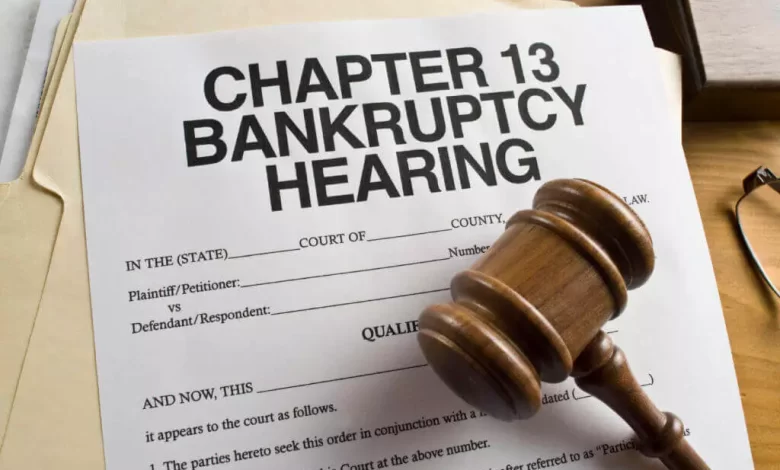The Pros and Cons of Filing for Bankruptcy

The Pros and Cons of Filing for Bankruptcy
Filing for bankruptcy can be a daunting decision, but for individuals and businesses facing overwhelming financial challenges, it can provide a fresh start and a chance to rebuild. However, it is crucial to weigh the pros and cons carefully before taking this step. In this article, we will explore the advantages and disadvantages of filing for bankruptcy, with insights from a seasoned bankruptcy attorney.
Pros of Filing for Bankruptcy
Debt Relief and Fresh Start
The primary advantage of bankruptcy is the opportunity to obtain relief from overwhelming debt. By filing for bankruptcy, individuals can have their debts discharged or restructured, allowing them to regain control of their financial lives. Bankruptcy offers a fresh start, enabling individuals to rebuild their credit and establish a solid foundation for a more stable financial future.
Automatic Stay
When bankruptcy is filed, an automatic stay is immediately implemented. This legal protection prevents creditors from taking further collection actions, such as wage garnishment or foreclosure. The automatic stay provides individuals with a temporary respite from the stress of creditor harassment and gives them a chance to work towards resolving their financial situation.
Expert Guidance and Legal Protection
Engaging the services of a bankruptcy attorney is essential when navigating the complexities of the bankruptcy process. A knowledgeable bankruptcy attorney can provide expert guidance, ensuring that all legal requirements are met and protecting the individual’s rights. They can analyze the unique circumstances of the case, recommend the most appropriate bankruptcy chapter, and represent their client’s interests throughout the proceedings.
Cons of Filing for Bankruptcy
Negative Impact on Credit Score
Filing for bankruptcy will have a significant impact on an individual’s credit score. A bankruptcy filing remains on the credit report for several years, making it challenging to obtain credit in the immediate aftermath. It is crucial to recognize that bankruptcy is a serious decision that should be carefully considered, especially if the individual’s creditworthiness is vital in the near future, such as for purchasing a home or securing a loan.
Potential Loss of Assets
Depending on the bankruptcy chapter filed, individuals may be required to surrender certain assets. In Chapter 7 bankruptcy, non-exempt assets may be liquidated to repay creditors. In Chapter 13 bankruptcy, individuals must commit to a repayment plan that may require a portion of their disposable income for a specified period. Understanding the potential loss of assets is crucial when weighing the pros and cons of bankruptcy.
Limited Access to Credit
After filing for bankruptcy, individuals may face challenges in accessing credit in the immediate aftermath. Lenders perceive bankruptcy as a significant risk, which can result in higher interest rates and stricter lending criteria. However, with time and responsible financial management, it is possible to rebuild creditworthiness and regain access to credit.
Filing for bankruptcy is a complex decision with both pros and cons. While it provides an opportunity for debt relief and a fresh start, it also has consequences such as a negative impact on credit score and potential loss of assets. Consulting a bankruptcy attorney is crucial to understanding the specific implications of bankruptcy in one’s unique situation. An experienced bankruptcy attorney can provide expert guidance, protect one’s rights, and navigate the legal complexities associated with the bankruptcy process.



